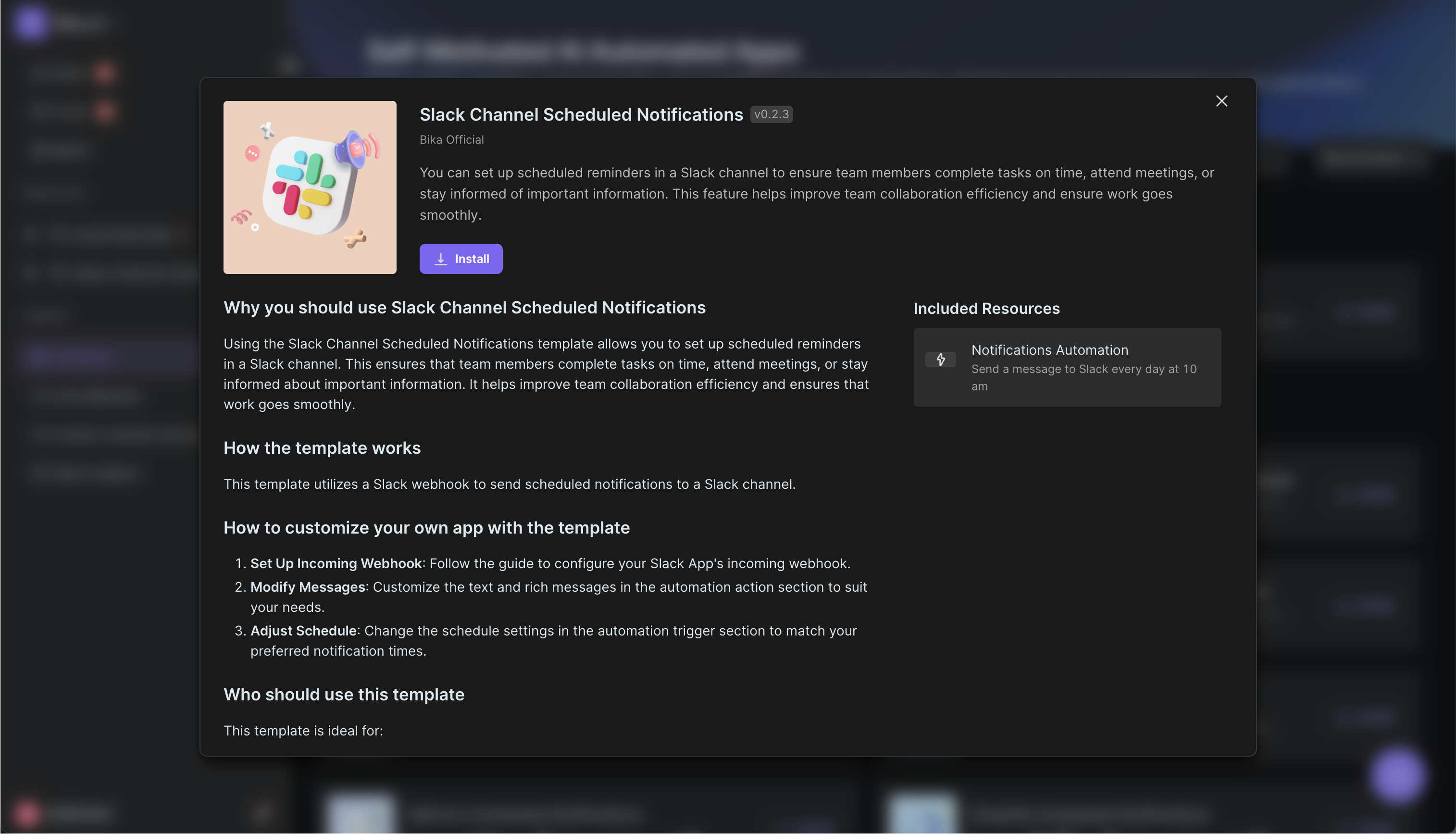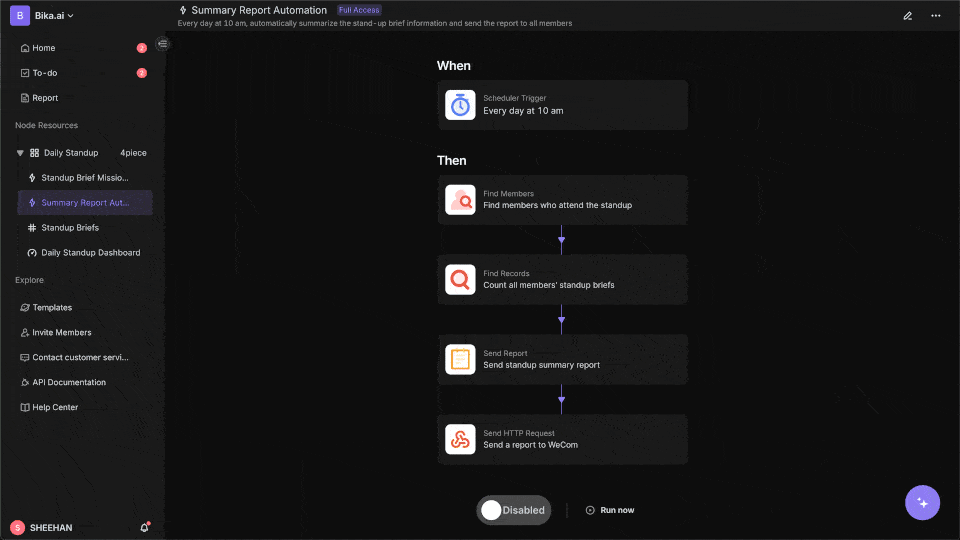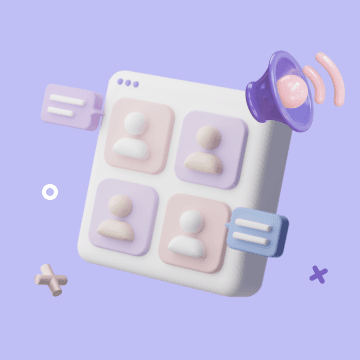
Outlook vs Gmail: Which Email Platform Reigns Supreme for Your Automated Workflow?
The Great Email Divide: Outlook vs. Gmail Introduction
In today's digital age, email remains the cornerstone of communication for both personal and professional purposes. With countless email platforms available, the choice often boils down to two industry giants: Microsoft Outlook and Gmail. The decision between these two can significantly impact your productivity, efficiency, and overall digital experience. Whether you're a business professional juggling multiple projects, a student managing assignments, or an individual seeking a reliable email service, the "outlook vs gmail" debate is one that requires careful consideration.
Microsoft Outlook, part of the Microsoft 365 suite, has long been a staple in the corporate world. It offers a comprehensive set of tools designed to streamline communication, collaboration, and organization. On the other hand, Gmail, developed by Google, has gained popularity for its user - friendly interface, powerful search capabilities, and seamless integration with other Google services.
:::: key-takeaways ::::
- Outlook is deeply integrated with Microsoft 365, making it a great choice for enterprise users and those who rely on Microsoft Office applications.
- Gmail offers a simple and intuitive interface, along with excellent search functionality, appealing to users who prioritize ease - of - use and quick access to information.
- Both platforms have their own strengths in terms of features, integrations, and user experience, and the choice depends on individual needs and usage scenarios. ::::
Feature Face-Off: What Each Platform Offers
User Interface & Experience
Outlook's Strengths & Features
Outlook has a more traditional, desktop - centric design philosophy. Its interface is well - structured, with a familiar layout for those accustomed to Microsoft applications. The ribbon - style menu at the top provides easy access to various functions such as composing emails, formatting text, and managing attachments. For users who spend a lot of time on the desktop, Outlook's desktop application offers a seamless experience, with features like offline access, which is crucial for those who may not always have an internet connection. However, some users may find the interface a bit cluttered, especially when compared to more minimalist designs.

Gmail's Strengths & Features
Gmail, on the other hand, has a more modern and minimalist interface. It is designed with a focus on web - based usage, although it also has mobile and desktop applications. The clean layout makes it easy for users to navigate, and the use of white space gives it an uncluttered look. Gmail's interface is highly intuitive, making it a great choice for new users or those who prefer simplicity. For example, the way emails are threaded together by default makes it easy to follow conversations.

Organization & Search
Outlook's Strengths & Features
Outlook uses a traditional folder - based system for organizing emails. This is familiar to many users, as it mimics the way physical files are organized. You can create multiple folders, sub - folders, and move emails around to keep your inbox tidy. Outlook also has a powerful search function that can search through your emails, attachments, and even the content of Office documents. Additionally, it offers features like Quick Steps, which allow you to automate common actions such as moving emails to specific folders, marking them as read, etc.

Gmail's Strengths & Features
Gmail, instead of folders, uses labels. Labels are more flexible as you can assign multiple labels to a single email, which is useful for categorizing emails in different ways. For example, an email can be labeled as "Work", "Project X", and "Urgent" simultaneously. Gmail's search capabilities are renowned. It can quickly find emails based on various criteria, including keywords, sender, recipient, and date. The "Smart Inbox" feature in Gmail automatically categorizes emails into different tabs such as Primary, Social, and Promotions, helping users focus on the most important emails.

Integrations & Ecosystem
Outlook's Strengths & Features
Outlook is tightly integrated with the Microsoft 365 ecosystem. This means seamless integration with applications like Word, Excel, PowerPoint, OneNote, and OneDrive. For example, you can easily attach a Word document from OneDrive to an email without leaving Outlook. It also has excellent calendar and contacts integration, which is essential for scheduling meetings and managing business relationships. If your organization uses Microsoft Teams for communication and collaboration, Outlook can be integrated with Teams to enhance the overall workflow. Microsoft Outlook
Gmail's Strengths & Features
Gmail is part of the Google Workspace ecosystem. It integrates smoothly with Google Docs, Sheets, Slides, and Google Drive. This allows you to share documents directly from Google Drive in an email. Gmail's calendar integration is also very user - friendly, and it can be synced with other Google services. For small businesses and startups that rely on Google's suite of free or low - cost tools, Gmail provides a comprehensive set of integrated services. Additionally, Gmail can be easily integrated with third - party applications through Google's API. Gmail
Advanced Features
Outlook's Strengths & Features
Outlook offers features like email scheduling, which allows you to send emails at a specific time in the future. This is useful for sending follow - up emails or timed announcements. It also supports read receipts, so you can know when the recipient has opened your email. Outlook has email templates, which can save time when you need to send repetitive emails. In terms of security, Outlook offers features like encryption and phishing protection. With the rise of AI, Outlook also has some AI - powered features such as suggesting replies based on the content of the email.

Gmail's Strengths & Features
Gmail also has email scheduling, enabling you to compose an email and set it to be sent later. It has a popular feature called Smart Reply, which uses AI to suggest short, relevant replies to incoming emails, saving time for users. Gmail offers two - factor authentication for enhanced security. Similar to Outlook, it also has some level of phishing protection. Gmail's AI - powered features extend to spam filtering, which is highly effective in keeping unwanted emails out of your inbox.

Who Wins? Ideal Use Cases for Each
When it comes to the "gmail versus outlook" decision, it really depends on your specific needs.
Ideal Use Cases for Outlook
Outlook is the go - to choice for enterprises and heavy Microsoft 365 users. If your company heavily relies on Microsoft Office applications like Word, Excel, and PowerPoint, and you need seamless integration between your email, documents, and other productivity tools, Outlook is a clear winner. For example, if you are part of a large corporation where everyone uses Microsoft 365 for document collaboration, emailing, and scheduling, Outlook will fit right into the existing workflow. Additionally, if you prefer a desktop - based email client with advanced features like detailed email tracking and extensive customization options, Outlook is more suitable.

Ideal Use Cases for Gmail
Gmail is perfect for cloud - first users, small businesses, and those who are already invested in the Google ecosystem. If you use Google Docs, Sheets, and Slides for document creation and collaboration, and you want a simple and intuitive email service that integrates well with these tools, Gmail is the way to go. Students and individuals who prioritize simplicity, a clean interface, and powerful search capabilities will also find Gmail to be a great option. Its free version with generous storage space makes it an attractive choice for those on a budget.
Beyond the Inbox: Supercharging Your Email Workflow with Automation
While choosing the right email client is important, the real power lies in automating your email - related tasks. Whether you're using Outlook or Gmail, integrating email with your daily workflows can significantly boost productivity.
Automated email reminders can ensure that you never miss an important deadline or follow - up. For example, you can set up a reminder to follow up with a client a week after sending a proposal. Intelligent email information consolidation allows you to extract key information from emails and transfer it to other tools such as CRMs or task managers. This means that instead of manually copying and pasting information, the process is automated, saving you time and reducing the risk of errors. Proactive responses can be set up to automatically reply to certain types of emails, and tasks can be created directly from emails, streamlining your workflow.
Bika.ai is a platform that enables this next level of email productivity. It connects your email service, whether it's Outlook or Gmail, to various automations, allowing you to create custom workflows that fit your specific needs.

Automating Your Workflow: The Bika.ai Eisenhower Matrix Template in Action
The Eisenhower Matrix Template on Bika.ai is a prime example of how you can enhance your email - based workflow.
💡 Why you should use Eisenhower Matrix
The Eisenhower Matrix is a powerful time - management tool developed by Dwight D. Eisenhower, the 34th U.S. president and WWII's Allied Supreme Commander. It helps you prioritize tasks based on their importance and urgency, allowing you to focus on what truly matters. In the context of email, this means being able to quickly categorize incoming tasks and decide the appropriate action.
👉 How the template works
The template categorizes tasks into four quadrants:
- Important and Urgent: These tasks should be done first. For example, if you receive an email from your boss with an urgent project deadline, it falls into this category.
- Important but Not Urgent: These tasks should be scheduled. An email about a long - term project that requires planning would be in this quadrant.
- Not Important but Urgent: These tasks can be delegated. For instance, if you get an email asking for help with a routine task that someone else can handle.
- Not Important and Not Urgent: These tasks can be eliminated. Spam emails or promotional emails that don't add value fall into this category.
A formula is used to determine the action for each task based on its importance and urgency.
🎯 How to use
- Enter your tasks in the "Task" field. This could be the subject of an email or a summary of the task within the email.
- Select the "Importance" and "Urgency" for each task. You can do this based on the content of the email and your own judgment.
- The "Action" field will automatically calculate the appropriate action based on the selected importance and urgency.
- Select the "Status" of the task (Open, Completed, Scheduled, Delegated, or Eliminated).
👉 Who should use this template
This template is ideal for individuals and teams looking to improve their time management and productivity. Whether you're in project management, personal task management, or any situation where prioritization is crucial, the Eisenhower Matrix template can be a game - changer. For example, in a marketing team, it can help prioritize incoming client requests, marketing campaign tasks, and administrative emails.
⭐ Key Features of This Template
- It helps you prioritize tasks based on importance and urgency, ensuring that you focus on the most critical tasks.
- Automatically determines the appropriate action for each task, taking the guesswork out of decision - making.
- Provides a clear visual representation of your tasks and their status, making it easy to track progress.
🔧 Frequently Asked Questions
- How do I add a new task? Simply enter the task details in the "Task" field.
- Can I change the importance and urgency of a task after it's been entered? Yes, you can update the "Importance" and "Urgency" fields at any time.
- What if I'm not sure if a task is important or urgent? Take a moment to consider the impact and deadline of the task. If it has a significant impact and a close deadline, it's likely important and urgent. If it has less impact or a more flexible deadline, it may be less important or urgent.
In the context of Outlook or Gmail, this template can be used to set up email reminders for important tasks, extract key information from emails related to tasks, and trigger actions based on the inbox content. For example, if an email is marked as important and urgent, an immediate reminder can be set up. If it's important but not urgent, a task can be created in a task management tool with a scheduled due date.
Try the Eisenhower Matrix Template
Conclusion: Your Ultimate Email & Automation Setup
In conclusion, the optimal email setup involves choosing the right email client, whether it's Outlook or Gmail, and then enhancing it with smart automation. Both Outlook and Gmail have their own unique strengths, and the choice between them depends on your personal and professional requirements.
Bika.ai plays a crucial role in transforming your email management. By using the Eisenhower Matrix template and other automation features on Bika.ai, you can turn your inbox from a chaotic stream of information into a productivity engine.
We encourage you to explore Bika.ai for automating workflows that support your personal and professional development, regardless of whether you've chosen Outlook or Gmail as your email client.

FAQ
Q: Which email platform is better for security, Outlook or Gmail? A: Both Outlook and Gmail offer strong security features. Outlook provides encryption and phishing protection, while Gmail offers two - factor authentication and effective spam filtering. The choice may depend on specific security requirements, but generally, both are reliable in safeguarding your emails.
Q: Can I use the Bika.ai Eisenhower Matrix template with both Outlook and Gmail?
A: Yes, Bika.ai is designed to work with both Outlook and Gmail. It allows you to connect your email service to various automations, including the Eisenhower Matrix template, regardless of which platform you use.
Q: What are the main differences in the organization of emails between Outlook and Gmail? A: Outlook uses a traditional folder - based system for organizing emails, while Gmail uses labels. Folders are more hierarchical, while labels offer more flexibility as multiple labels can be assigned to a single email. Additionally, Gmail has a "Smart Inbox" feature that automatically categorizes emails into different tabs, which Outlook does not have in the same way.

Recommend Reading
- Mastering My Apps: Unleash Productivity with Automation in 2025
- Choosing the Right AI Content Detector: A 2025 Comparison of Top Tools
- Outlook vs Gmail: Which Email Platform Reigns Supreme for Your Automated Workflow?
- Beyond ChatGPT: Choosing the Right AI Tool for Automated Birthday Email Celebration Automation - Bika.ai Compared
- Choosing the Right AI Content Detector in 2025: A Comprehensive Review
Recommend AI Automation Templates





